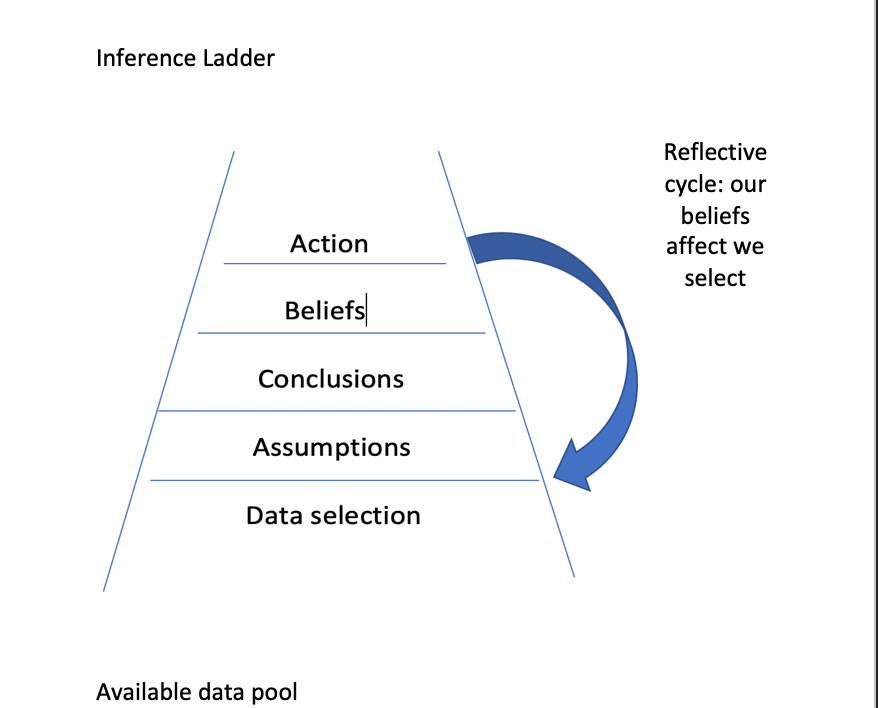Overcoming Impostor Syndrome: You're More Capable Than You Think
- Veronica Herrera
- Nov 7, 2024
- 4 min read
---
Have you ever found yourself thinking, "I don’t belong here," or "I’m not qualified to do this?" If so, you’re not alone. These thoughts are often the hallmarks of a common but silent struggle: Impostor Syndrome. I started my journey in Pottery a month ago. My first pieces were beautiful and I started thinking I didn’t make them, I had people teach me and supervise me. “I’m not THIS good”
What is Impostor Syndrome?
Impostor Syndrome is a psychological pattern where high-achieving individuals doubt their skills, accomplishments, or potential, often attributing their success to luck, timing, or other external factors rather than their own abilities. It can make you feel like a fraud, even when your track record proves otherwise.
You may be wondering, "Why do I feel like this? I'm capable, I’m smart, I’ve worked hard—so why am I still doubting myself?" The answer often lies in how we perceive ourselves in relation to the world around us. High expectations, perfectionism, and the fear of failure can lead to this feeling of "not measuring up."
You're Not Alone
Impostor Syndrome doesn’t discriminate—it affects people from all walks of life. High-achieving professionals, entrepreneurs, students, creatives—anyone can experience it. In fact, even successful individuals like Maya Angelou, Albert Einstein, and Tom Hanks have spoken publicly about experiencing it.
The truth is, it’s a natural part of being human, especially for those who are constantly challenging themselves, stepping out of their comfort zones, or facing new challenges.
Why It’s Holding You Back
When you feel like a fraud, you're likely to:
- Second-guess yourself: Overanalyze decisions and actions because you're afraid of making a mistake.
- Underestimate your abilities: You may downplay your achievements or feel unworthy of your success.
- Avoid new opportunities: Fear of being "found out" may stop you from stepping into new roles or projects that could help you grow.
- Experience chronic stress or burnout: The pressure to be perfect can be overwhelming and exhausting, leading to anxiety and self-doubt.
If you’re experiencing any of these symptoms, know that it’s not a reflection of your true capabilities—it’s just the voice of self-doubt talking.
How to Overcome Impostor Syndrome
While Impostor Syndrome can feel isolating and disheartening, it can be overcome. Here are a few strategies to help you silence the inner critic and build the self-confidence you deserve:
Acknowledge It
The first step in overcoming Impostor Syndrome is recognizing it when it happens. Notice the thoughts and feelings that arise when you’re about to take on a new challenge. Just recognizing the symptoms can help you detach from them.
Reframe Your Thoughts
Challenge your inner dialogue. When you think, "I’m not good enough for this," try replacing it with, "I am still learning, but I have the skills and the potential to succeed." Remember, no one has all the answers—growth comes from being willing to take risks and make mistakes.
Celebrate Your Successes
Give yourself credit for your achievements, no matter how small they may seem. Instead of attributing them to luck or chance, recognize your hard work, your persistence, and your unique strengths. Make a list of your accomplishments and remind yourself of them whenever doubt creeps in.
Find a Supportive Community
Surround yourself with people who uplift and encourage you. Seek out mentors, peers, or coaches who can offer guidance and help you see your true potential. Sometimes, the best way to overcome self-doubt is by seeing how others perceive and value your abilities.
Practice Self-Compassion
Be kind to yourself. Understand that feeling uncertain or vulnerable is part of the process of growth and development. Self-compassion helps to counter the negative self-talk and allows you to approach challenges with curiosity and resilience, rather than fear.
Take Action Anyway
Often, we wait until we feel "ready" or "perfect" before moving forward. But waiting for the perfect moment can be a trap. Instead, take small, consistent actions toward your goals, even when you feel unsure. Every step you take will reinforce your confidence and prove to yourself that you are capable.
The Bottom Line
You are not an impostor. You are an evolving individual who is learning, growing, and achieving more than you give yourself credit for. The feelings of self-doubt and fear are temporary, but the skills, experiences, and successes you’ve accumulated are real. Trust in your journey, embrace your imperfections, and remember—you are more capable than you think.
If you’re ready to explore how you can overcome Impostor Syndrome and step into your true potential, I’d love to support you. Reach out to me for one-on-one coaching, and let’s work together to unlock your confidence and help you thrive.
PS: I went to do more pottery without help or supervision and I was as good as the first time <3. We always want to be 4 steps ahead. I gave myself permission to be a beginner.
Xo
Vero
Life Coach | Empowerment Advocate | Growth Partner




Comentários